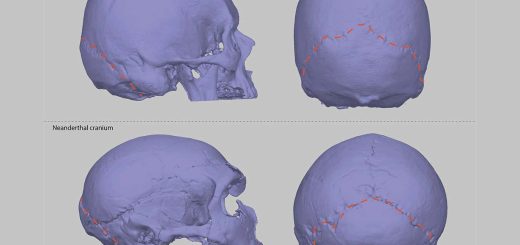Why some songs make our heart swell and others give us butterflies
Where in our body we feel the physical sensation of hearing music seems to depend on how surprising the piece’s chords are
By Christa Lesté-Lasserre
4 April 2024
Music can incite emotions such as joy, sadness and anger
Tim Robberts/Getty Images
Scientists have found patterns of music that make our heart beat faster or cause us to feel like our stomach is doing somersaults.
When the sequences of chords – three or more musical notes played at the same time – take a different turn from what we are expecting, it seems to trigger a strong sensation around the heart, whereas those that follow an easy-to-anticipate pattern feel like they hit us in the gut.
“Music has this unique power to stir emotions that are beyond words,” says Tatsuya Daikoku at the University of Tokyo in Japan. “It’s not just an auditory experience, it’s physical. When music plays, sometimes our body shivers or we feel a warmth around our heart – emotions that are hard to articulate.”
Advertisement
Read more
Electronic music appears to alter our state of consciousness
Researchers have already shown that music can evoke strong emotional reactions, but Daikoku – a pianist and composer – and his colleagues wanted to know where people feel those emotions in their bodies. To uncover this, they first used analytical and statistical software to break down 890 songs from the US Billboard Hot 100 chart.
The software judged the songs’ chord-to-chord sequences as being different variations of high or low levels of both surprise and uncertainty. For example, some sequences consisted of a low surprise, low uncertainty chord followed by another low surprise, low uncertainty chord, while others were a low surprise, low uncertainty chord followed by a low uncertainty but high surprise chord.


